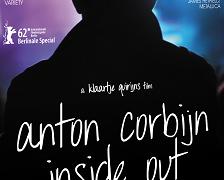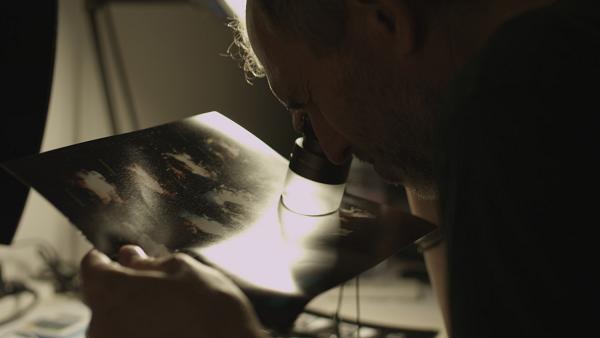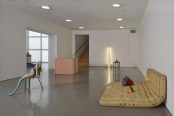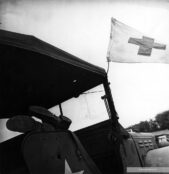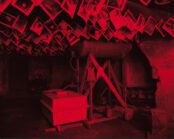It is always interesting to look at influences around our idols, it being so easy to forget that our favourite musicians are not just of their own product, that they don’t sell themselves to us. Image is everything.
Enter Anton Corbijn, a photographer and director probably best known for his work with U2, which is in fact a disservice to the man; his is a portfolio that has taken in all manner of musicians (and others), some shots having earned a permanent place in popular culture. Everybody has seen and admired a Corbijn photograph.
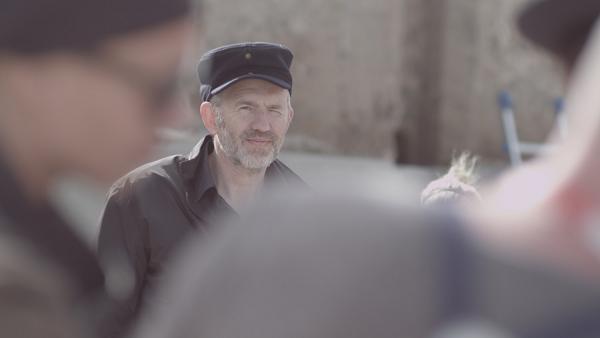
Inside Out attempts a look at who the man is, truly believing itself as presenting some insight. To a degree, yes, but the documentary is ultimately unfulfilling, choosing just one aspect of his personality to stretch to feature-length. There are interesting nuggets nonetheless, and it is amusing to see Corbijn’s self-portraits, dressed up as various musicians.
Starting out as a fanboy who wanted to get closer to the music he loved, Corbijn’s passion for photography came later, but it seems he never quite shook off this adulation, particularly when he muses on his recording of a piece of the world for him to take back to his own.
[box] he never quite shook off this adulation[/box]
Growing up in manses as the son of a pastor in the Dutch Reformed Church (to this day he struggles with the Protestant influence in his work) Corbijn was set apart from the other kids, and lonely, according to his younger sister.
It shows, and according to Inside Out, this is what defines him, the documentary carefully framing every single shot possible to highlight it, and relying far too much on distant wanderings in various fields to further emphasise.
Quiet and slightly awkward, it is clear Corbijn isn’t entirely comfortable as the subject: “I’m not lying on the psychiatrist’s couch now,” he quips at one point, quite probably sensing that Inside Out will pay no heed to this whatsoever. The documentary even approaches insulting, a lingering shot used to imply a sob story in Corbijn’s discussion of his largely absent father. Childhoods can, and do, come a lot worse after all. The shot is so contrived it’s cringeworthy. The ‘enforced’ confession of low confidence that follows is the cherry on top.
The moments where director Klaartje Quirijns is not obviously playing amateur psychologist are what make Inside Out worth watching. We join Corbijn on a shoot with U2, for which Bono philosophises on how both the band and photographer capture light (then laughs about his pretentiousness). Watching the shoot really does feel insightful, Corbijn holding a quiet yet commanding presence as he directs the band, it all seeming so effortless.
The results of a shoot with Metallica and Lou Reed is fun to see, their reaction to the photos coming across as genuine delight, Corbijn’s visible nervousness as he shows them giving way to relief and laughter. More of this, more of his work process, would have allowed Inside Out to give us more of a balance and perhaps a more accurate portrait of the man.
There is more to an artist, indeed anyone, than loneliness and solitude.
Inside Out is released on DVD today. Order it here.

Naila Scargill is the publisher and editor of horror journal Exquisite Terror. Holding a broad editorial background, she has worked with an eclectic variety of content, ranging from film and the counterculture, to political news and finance.

